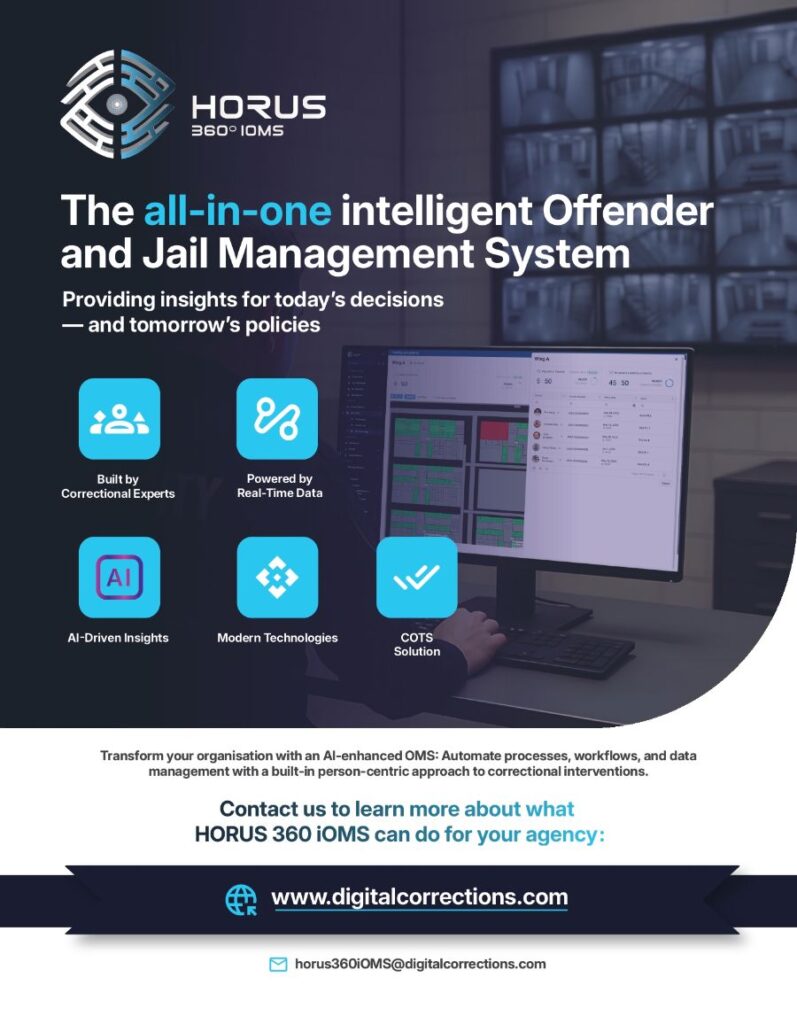In criminal justice, we stand at a pivotal crossroads – a moment that challenges us to rethink the essence of justice and rehabilitation. Are our systems designed merely to contain, or can they genuinely transform lives?
Traditionally, correctional practices have been shaped by an artificial divide between security and rehabilitation, often viewing them as opposing forces. But what if we recognise that effective rehabilitation thrives only within secure and stable environments?
True security encompasses far more than containment; it fosters trust, stability, and the necessary foundation for meaningful rehabilitation. Security without rehabilitation simply perpetuates cycles of crime and recidivism, undermining the very mission correctional services aim to uphold.
This edition of JUSTICE TRENDS invites readers to explore pioneering approaches that move beyond traditional boundaries. Innovative frameworks, based on structured assessment tools like the Risk Need-Responsivity (RNR) model, illuminate paths toward tailored interventions, offering hope and opportunities for real, lasting change. Modern Offender Management Systems (OMS) now harness contextual, disciplinary, and behavioural data to support detailed individual assessments, targeted interventions, and informed decision-making.
The integration of artificial intelligence (AI) further enhances these capabilities, enabling predictive insights, precise resource allocation, and proactive, evidence-based strategies that were previously unattainable. The growing importance of digital technologies within correctional systems cannot be overstated, as they play an essential role in broadening rehabilitative opportunities.
However, our journey is fraught with challenges – bias, both human and algorithmic, can inadvertently reinforce systemic disparities, requiring conscious, ongoing efforts to ensure fairness and equity in our assessments and practices.
Crucially, as highlighted by thought leaders in correctional research – including insights shared by Frank Porporino in this edition – evidence informed practice means more than doing just the little things research says will work; it also means avoiding the big things we know don’t work. Overreliance on incarceration, large high-security prisons, intensive community supervision without adequate support, and managing mental health and addiction through punitive measures rather than public health responses – these approaches have consistently shown limited effectiveness.
At the heart of successful rehabilitation lies adaptability – customising approaches through gender-sensitive strategies and harnessing specialised tools tailored to specific contexts.
Moreover, research-informed solutions must remain adaptable to changing contexts and individual needs, recognising that people are active, adaptive, and responsive. Integrating research into daily practice, coupled with ongoing professional development and training, is critical for enhancing the capacities of correctional professionals and the effectiveness of rehabilitative programmes.
Rehabilitation is evolving beyond prison walls. True innovation in rehabilitation requires systemic integration, cross-sector collaboration, and community involvement.
As we explore these pages, we encourage you to reflect critically on existing paradigms, embrace bold, evidence-informed solutions, and consider all possible mechanisms that support desistance.
Enjoy this edition of the JUSTICE TRENDS Magazine as we explore these transformative journeys together, united by a common belief in second chances, the power of evidence-based rehabilitation to drive genuine societal change, and its essential contribution to public safety.
Pedro das Neves
CEO IPS_Innovative Prison Systems
Director of the JUSTICE TRENDS Magazine



